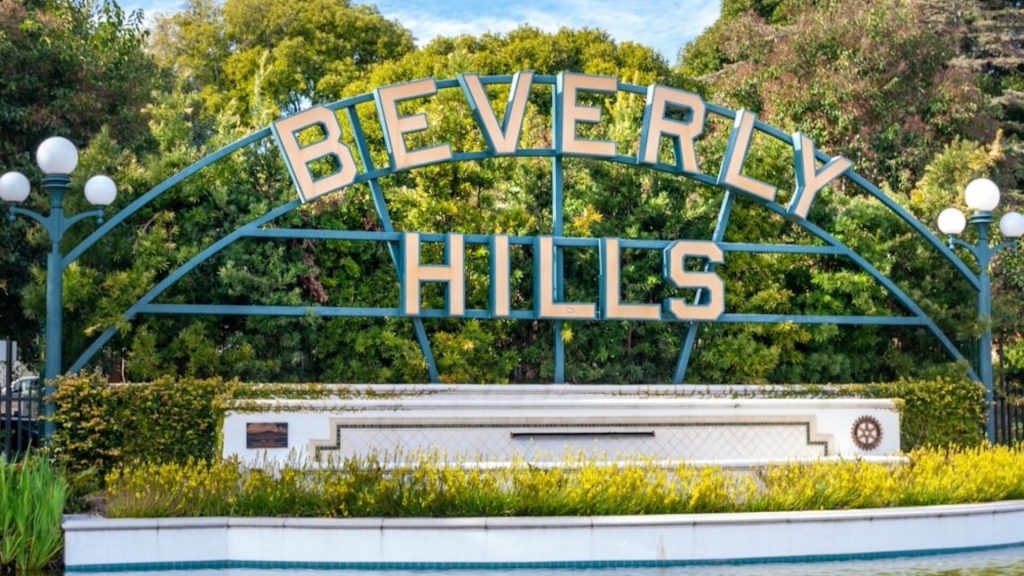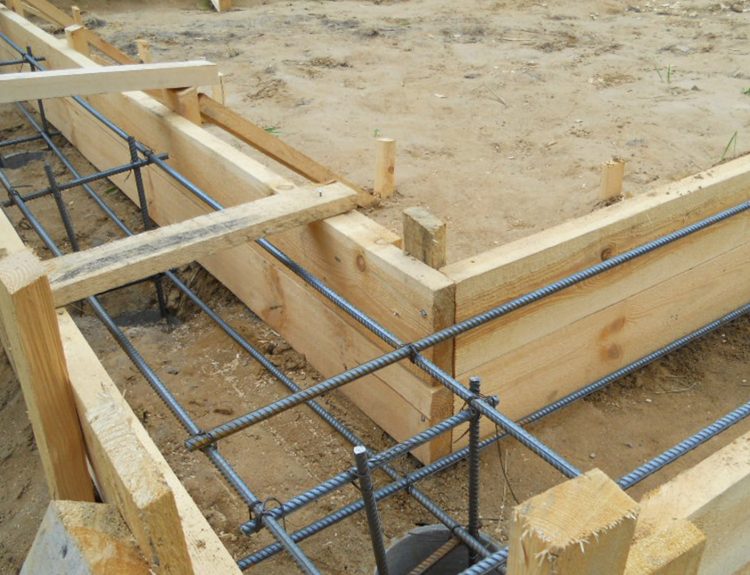A recent ruling by Los Angeles Superior Court Judge Curtis A. Kin has sent shockwaves through the affluent neighborhood of Beverly Hills. The judge’s decision to halt the city’s ability to issue building permits for home renovations stems from Beverly Hills’ failure to adopt an approved affordable housing plan.
This moratorium on construction directly impacts the city’s prominent residents, who are accustomed to having autonomy over property developments. While new home builds can proceed, existing homeowners are barred from upgrading, sparking outrage at the disparity.
The Cause of the Moratorium issued in Beverly Hills
The city of Beverly Hills was mandated to develop a comprehensive plan to accommodate over 3,100 new, predominantly affordable homes.

However, the state has deemed the city’s efforts insufficient, leading to a halt on permits for home enhancements or significant remodels.
Direct Impact of the Ruling on Affluent Residents
The ruling disrupts many residents’ plans to upgrade their homes by stopping the issuance of permits for current homeowners.

New residents, however, are not subject to this ban and can still obtain building permits. The disparity in treatment has raised eyebrows and highlighted the urgency of the city’s compliance with state housing regulations.
Legal Professionals React To Court’s Decision
Murray Fisher, a seasoned real estate attorney, expressed his astonishment at the court’s decision, saying, “It would mean that the city is at a standstill.”

This reaction encapsulates the broader legal community’s surprise at the stringent measures imposed on one of America’s most iconic and wealthy neighborhoods.
Future Prospects for Affordable Housing in The Affluent Neighborhood
The city’s affordable housing plan aims to create homes accessible to low and middle-income individuals.

While the current judgment has paused certain developments, it underscores the importance of integrating affordable housing into Beverly Hills, a city known for its exclusivity and affluence.
Repeated Plan Rejections from State Housing Regulators
Beverly Hills has faced multiple rejections from state housing regulators, with five housing blueprints turned down since the summer of 2021.

The consistent disapproval highlights a significant disconnect between the city’s proposals and the state’s expectations for affordable housing development.
A Historical Challenge for Beverly Hills
This is not a routine setback for Beverly Hills. The city has long been unaccustomed to such legal challenges, thanks to a 50-year-old law mandating local governments to accommodate population growth inclusively.

This law’s enforcement represents a pivotal moment in Beverly Hills’ history, challenging its long-standing status quo.
How the Decision Impacts Current Homeowners
The moratorium on home renovation permits significantly disrupts existing residents’ plans to upgrade or remodel their properties.

Homeowners accustomed to few restrictions on how they enhance their homes now face an indefinite delay in moving forward with any major projects.
Disproportionate Impact on New Homeowners
While the moratorium applies to all homeowners equally, its effects are particularly pronounced for recent buyers. New residents who purchased homes with the specific intention of major remodels or renovations now face potentially long delays before being able to commence those projects.

This unforeseen obstacle threatens to undermine new homeowners’ motivations for investing in properties in Beverly Hills.
A Pivotal Moment in City History
The enforcement of the 50-year-old law mandating inclusive population growth represents a pivotal juncture in Beverly Hills’ history.

The city has long enjoyed exemption from such legal challenges and is accustomed to autonomy over property developments. However, the present ruling disrupts this status quo, halting homeowners’ renovation plans and spotlighting the city’s failure to provide affordable housing.
Clear Conflicting Interests at Play
While the city aims to uphold its legal obligations, many long-standing homeowners object to large-scale affordable housing developments within Beverly Hills.

Residents accustomed to the city’s affluence and exclusivity see such plans as disruptive. Balancing these conflicting interests will require compromise and open communication between city officials, homeowners, and state regulators.
An Opportunity to Set Precedent For Other Affluent Neighborhoods
While the city faces a pivotal challenge, crafting an approved affordable housing plan also presents an opportunity.

By developing a proposal that addresses legal requirements yet respects residents’ concerns, Beverly Hills could set a precedent for other affluent communities. An innovative solution may resolve the city’s housing issues while serving as a model for similarly situated cities and towns.
Repeated Rejections of the City’s Housing Plans
The city of Beverly Hills has faced multiple rejections from state housing regulators regarding its affordable housing proposals.

Since summer 2021, five housing plans have been denied approval, highlighting a significant disconnect between the city’s efforts and the state’s expectations.
The First Rejection and Subsequent Failed Attempts
The initial rejection came in July 2021 when the California Department of Housing and Community Development (HCD) deemed Beverly Hills’ first proposal incomplete. The HCD cited the plan’s failure to identify adequate sites for the state-mandated 3,100 new homes.

Subsequent proposals in August, September, and October 2021 were also rejected. The HCD criticized these revised plans for not zoning enough land at higher densities to make affordable housing feasible. The state agency argued that the city had disregarded state law in its planning process.
A Need To Make Beverly Hills Inclusive
The city’s fifth attempt was rejected in December 2021, with the HCD again pointing out that the proposal did not satisfy the state’s requirements. The agency reprimanded the city for not learning from previous mistakes, threatening potential legal action if another inadequate plan was submitted.

While the current ruling has paused home renovations, it highlights the urgent need to integrate affordable housing into Beverly Hills’ fabric.






